Hello Friends! Are you a student drowning in lecture notes, trying to keep up with fast-talking professors, or just fed up with scattered papers and forgotten ideas? I know that feeling – back in my college days, I’d jot down everything only to spend hours later trying to make sense of it all. That’s where AI note-taking apps come in. These tools aren’t just fancy gadgets; they’re game changers for students and professionals who want smarter ways to capture, organise, and review notes. In 2025, with AI getting even sharper, these apps will help you transcribe lectures, summarize key points, and even quiz yourself, all while saving you time. If you’re searching for the best AI note-taking apps to boost your study game, I’ve got you covered with this list of the top ones tailored for students.
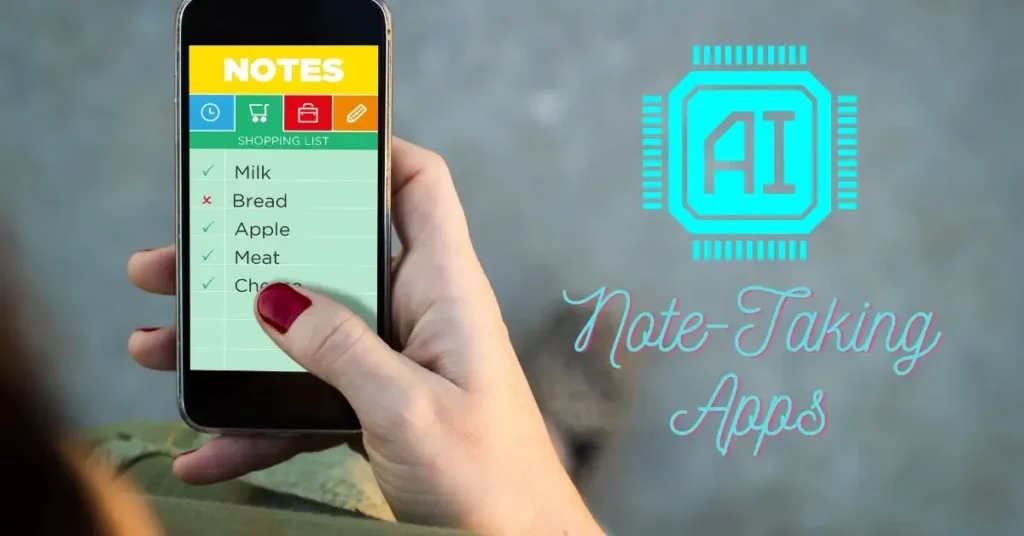
I’ve tested these out myself, drawing from my own experiences and what I’ve heard from friends still in school. Think of this as us chatting over coffee – I’ll keep it straight, share some stories, and point out what works and what doesn’t. We’ll cover features, pricing, and how each app fits into your daily grind. By the end, you’ll know which AI note-taking apps can help you learn smarter, not harder.
Why Students Need AI Note-Taking Apps in 2025
First off, why bother with AI note-taking apps? Classes are tougher, schedules are packed, and everyone’s juggling online and in-person stuff. Traditional note-taking? It’s okay, but it falls short when dealing with complex topics or group projects. AI steps in to transcribe audio in real-time, pull out action items, and even connect ideas across your notes. For students, this means less stress during exams and more time for what matters.
Take my buddy Raj – he’s in engineering and used to record lectures on his phone, then spend weekends typing them up. Once he switched to an AI note-taking app, he cut that time in half. Now, he gets summaries and flashcards ready to go. These apps also play nicely with your other tools, like calendars or cloud storage, making organization a breeze. And in 2025, with better AI like GPT models, they’re more accurate than ever.
But not all apps are equal. Some shine for voice notes, others for collaboration. Let’s dive into the best AI note-taking apps for students, ranked by how well they handle student needs like affordability, ease of use, and study boosts.
Top 10 Best AI Note-Taking Apps for Students in 2025
Here’s the list – no hype, just the facts. I’ve picked these based on features, user feedback, and my own trials. Each one has AI smarts for note-taking, with links to download or sign up. Prices are in dollars, and I’ll note free options where they exist.
1. Notion AI
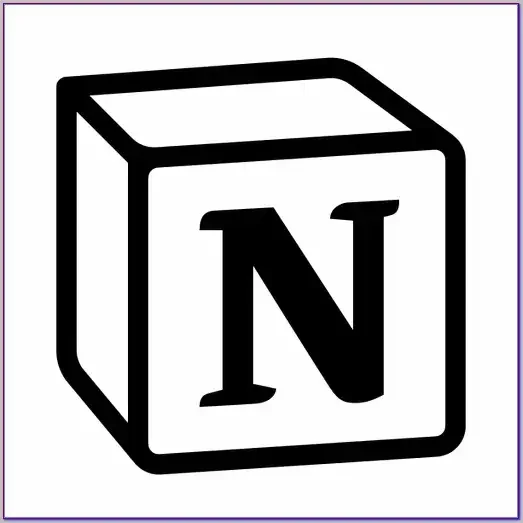
Notion AI is one of the standout AI note-taking apps for students because it turns your chaotic thoughts into structured docs. It’s like having a personal assistant that generates summaries, translates languages, and even creates diagrams from your notes.
Key features include autofilling databases with insights, generating flowcharts, and searching across your workspace. For students, this means turning lecture notes into study guides fast. I remember helping a friend set up a database for her biology class – she inputted raw notes, and Notion AI sorted them into categories with summaries. It saved her hours before finals.
Pros: Super flexible for projects, integrates with apps like Google Calendar. Cons: Can feel overwhelming at first if you’re new to it.
Pricing: Free for basic use, but AI features are in the Business plan at $10 per user/month (billed annually). No specific student discount mentioned for 2025, but check their site for updates. Download from Notion’s website.
Compared to others, Notion AI edges out for collaboration – great for group assignments.
2. Evernote
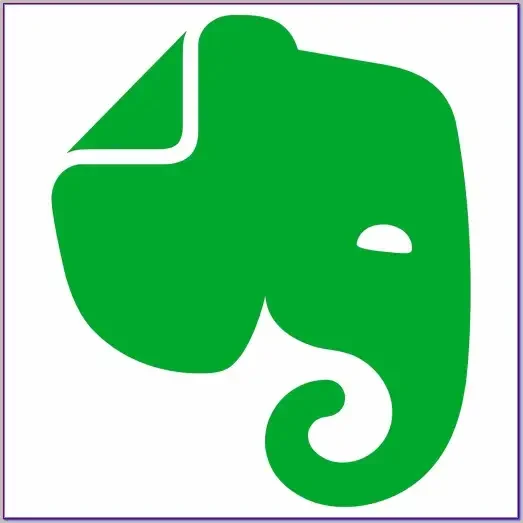
Evernote has been around, but in 2025, its AI upgrades make it a top AI note-taking app for students. The AI-powered search digs through notes, PDFs, and images, while AI Transcribe turns audio into text.
Imagine recording a history lecture and having it transcribed with searchable keywords. That’s what happened to me during a guest speaker session – Evernote caught every detail, even accents, and let me search for quotes later.
Pros: Syncs across devices, offline access. Cons: The Free version has limits on uploads.
Pricing: Free plan available, premium at $14.99/month. No 2025 student discount listed, but they often have education deals – worth emailing support. Get it from Evernote’s site.
It compares well to OneNote for search, but Evernote’s transcription is quicker for voice-heavy classes.
3. Otter.ai

Otter.ai excels as an AI note-taking app for transcribing lectures and meetings. It offers live transcripts with 95% accuracy, automated summaries, and action item extraction.
For students, the Education Agent is a lifesaver – it connects to your calendar and auto-notices classes. A story from a nursing student friend: She used Otter during clinical rounds, and it pulled out key procedures into summaries, helping her prep for tests without re-listening.
Pros: Integrates with Zoom and Google Docs. Cons: Transcription minutes cap on the free plan.
Pricing: Basic free, Business $20/month per user. No student discount for 2025 noted, but the free tier is solid for basics. Download via Otter.ai.
Versus Fireflies, Otter’s better for education-specific features.
4. Microsoft OneNote with Copilot
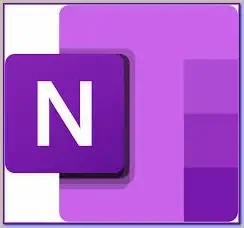
OneNote with Copilot is a powerhouse AI note-taking app for students on Windows or Microsoft ecosystems. Copilot drafts plans, generates ideas, and organizes info via prompts.
Students love the voice transcription and diagram sketching. I used it for a project outline – typed a rough idea, and Copilot turned it into a structured list with subpoints.
Pros: Free with a Microsoft account, great for handwriting notes. Cons: Needs a subscription for full Copilot.
Pricing: Free base, Copilot Pro $20/month. Microsoft offers student discounts through education plans – check for 2025 rates. Available at Microsoft OneNote.
It stacks up against Notion for organization, but wins on integration with Office tools.
5. Mem
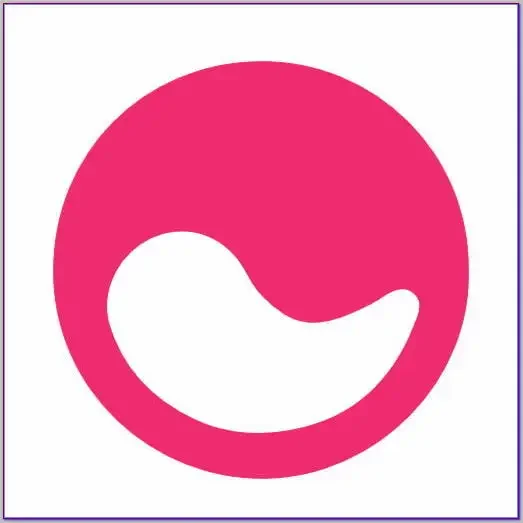
Mem is an AI-driven note-taking app that acts like a second brain, using AI to connect and retrieve notes intelligently.
Features include auto-categorization and chat-based queries. For students, it’s great for linking class notes to research. A friend in law school swore by it for case studies – Mem linked related notes automatically, making reviews easier.
Pros: Simple interface. Cons: Limited free features.
Pricing: Starts at $10/month. No student discount for 2025 is mentioned. Sign up at Mem.ai.
Compared to Reflect, Mem is more about connections than transcription.
6. Reflect

Reflect uses GPT-4 for writing assistance and Whisper for voice transcription, making it a solid AI note-taking app.
It generates outlines from thoughts and chats with your notes. Students benefit from the networked backlinks for idea graphs. I tried it for essay planning – scattered ideas became a clear outline in minutes.
Pros: End-to-end encryption, offline mode. Cons: One plan only.
Pricing: $10/month billed annually. No 2025 student deals listed. Download from Reflect.app.
It compares to Mem but adds better voice features.
7. Google NotebookLM
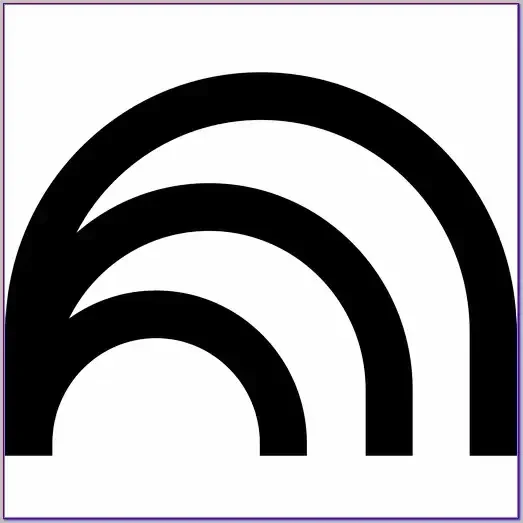
Google NotebookLM is a free AI note-taking app that summarizes sources and generates custom notes.
It turns PDFs or docs into interactive guides. For students, upload lecture slides and get quizzes or summaries. A quick example: I uploaded a psychology paper, and it created a podcast-style audio overview – perfect for commuting study.
Pros: Completely free, Gemini integration. Cons: Web-based mostly.
Pricing: Free. No costs. Access via Google NotebookLM.
Beats the free tiers of others for research depth.
8. RemNote

RemNote combines notes with flashcards using AI for spaced repetition, ideal as an AI note-taking app for memorization-heavy courses.
Turn notes into quizzes instantly. Medical students rave about it – one shared how it cut study time by half for exams.
Pros: Offline sync, PDF annotation. Cons: Steep learning curve.
Pricing: Free basic, pro $10/month. Student materials are often free. Get it at RemNote.
Compared to Anki alternatives, it’s more integrated.
9. Voicenotes

Voicenotes focuses on voice-to-text AI for quick captures, summarizing and extracting items.
Great for on-the-go students. A friend used it during field trips – took notes, got organized text back.
Pros: Simple voice focus. Cons: Less for written notes.
Pricing: $10/month. No student discount noted. Site: Voicenotes.com.
Lighter than Otter for casual use.
10. Recall
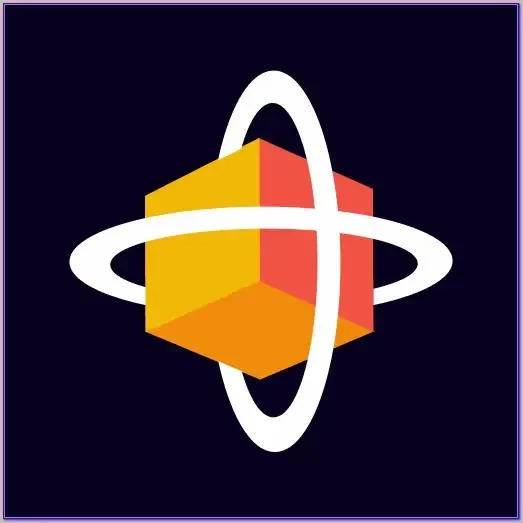
Recall summarizes anything from videos to docs, with AI knowledge graphs.
Students use it for research – upload articles, get linked summaries. I tested with YouTube lectures; it created quizzes automatically.
Pros: Browser extension. Cons: Beta mobile.
Pricing: Starts free, pro $10/month with code discounts. Site: GetRecall.ai.
Compared to NotebookLM but adds browsing augmentation.
Comparing the Best AI Note-Taking Apps
To help you pick, here’s a comparison table of these AI note-taking apps:
| App | Key AI Feature | Pricing (USD) | Student-Friendly? | Best For |
|---|---|---|---|---|
| Notion AI | Summaries & Diagrams | $10/month | High collaboration | Projects |
| Evernote | Transcription & Search | Free/$14.99 | Offline access | Daily notes |
| Otter.ai | Live Transcripts | Free/$20 | Lecture auto-notes | Classes |
| OneNote Copilot | Idea Generation | Free/$20 | Microsoft integration | Outlines |
| Mem | Note Connections | $10/month | Research linking | Law/Complex |
| Reflect | Voice & Outlines | $10/month | Networked ideas | Essays |
| NotebookLM | Source Summaries | Free | Quizzes from docs | Research |
| RemNote | Flashcards & Repetition | Free/$10 | Exam prep | Memorization |
| Voicenotes | Voice Summaries | $10/month | Quick captures | Field work |
| Recall | Knowledge Graphs | Free/$10 | Video summaries | Multimedia |
My take: If you’re on a budget, start with free ones like NotebookLM or OneNote. For voice-heavy, Otter or Voicenotes.
Free Tools to Enhance Your AI Note-Taking
Don’t want to pay? Here are free tools that pair well with these apps:
- Google Keep: Basic AI labelling. Download.
- Obsidian: Free with plugins for AI. Site.
- Anki: Flashcard AI. Anki.
These integrate easily, like using Keep for quick ideas then importing to Notion AI.
Examples of AI Note-Taking in Action
Let’s get practical. Example: In a chemistry class, use Otter to transcribe the lecture, then Notion AI to summarize formulas into a database. Or, with RemNote, turn biology notes into flashcards for spaced review – my friend aced her midterms this way.
Another: Group project? OneNote Copilot generates agendas, while Reflect links everyone’s inputs.
FAQs About AI Note-Taking Apps for Students
1. What’s the best free AI note-taking app in 2025?
Google NotebookLM or OneNote base – great for summaries without cost.
2. Do these apps work offline?
Many like Evernote and Reflect do, with sync when online.
3. Are there student discounts?
Check Microsoft for OneNote; others vary – email support.
4. How accurate is transcription?
Around 95% for Otter; test in noisy environments.
5. Can I integrate with calendars?
Yes, Otter and Notion do seamlessly.
Wrapping Up: Pick Your AI Note-Taking App Today
There you have it – the best AI note-taking apps for students in 2025. Whether you’re transcribing lectures or building study graphs, these tools make learning efficient. Start with a free one like NotebookLM, and scale up as needed. Remember, the right AI note-taking app isn’t about fancy features; it’s about fitting your routine and helping you succeed.
Know More: For more study tips, check out daytalk.in.

